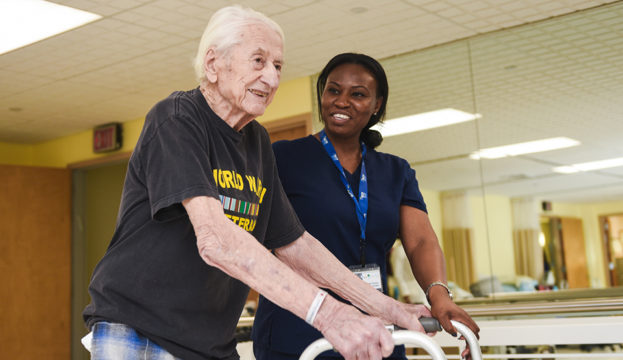Harnessing Mental Toughness to Enhance Performance in Physical Recovery
Wiki Article
Cognitive resilience is an essential quality that can greatly elevate outcomes in athletic recovery. Competitors often face injuries that necessitate time away from their training, which can be both somatically and emotionally difficult. Psychological toughness refers to the ability to remain strong and positive in the face of hardship. It helps athletes manage the strain of rehabilitation, stay focused on their objectives, and maintain drive throughout the healing process. By developing mental resilience, athletes can improve their recovery experience and return to their performance better prepared than before.

An key aspect of building mental resilience is setting realistic targets. When individuals are recovering, it is crucial for them to have well-defined, achievable benchmarks during their rehabilitation. These goals should be specific, quantifiable, realistic, purposeful, and deadline-driven (goal-setting) principles. For example, instead of saying “I want to get better soonâ€, an patient might set a goal like “I will follow my therapy routine three times weekly for four weeksâ€. This helps patients assess their progress and keep their concentration on what they can manage, reducing feelings of discouragement or negativity.
Another crucial factor in enhancing psychological endurance is maintaining a uplifting mindset. Recovering individuals should practice affirmative thinking and visualization techniques to look what i found foster a constructive mental environment. Positive self-talk involves replacing negative thoughts with affirming statements. For instance, instead of thinking “I will never like this recoverâ€, an individual could tell themselves “Each day I’m improvingâ€. Mental rehearsal can also be effective; individuals can imagine themselves performing well in their activity as they heal. These practices help build confidence and reinforce the belief that recovery is possible.
Support systems play a essential role in fostering emotional toughness during recovery. Sportspeople should stay connected with supportive peers, family members, coaches, and medical professionals who understand the demands of healing. Honest conversations with these trusted individuals allows recovering individuals to express their feelings, worries, and setbacks. Additionally, sharing experiences with other recovering peers can provide a sense of belonging and empathy that makes the path easier. Knowing others have faced comparable challenges can inspire hope and motivate patients to push through.
Finally, mindfulness practices can measurably improve an athlete’s emotional stability during recovery. Mindfulness involves being conscious of one’s thoughts and sensations without criticism. Practices such as mental stillness, controlled breathing, or restorative stretching can help patients manage tension and emotional pressure related to their injury. By incorporating mindfulness into their regular habits, recovering individuals learn to stay present and focused on their healing journey, rather than dwelling on what they have missed during their time off from competition. This strategy promotes psychological balance and encourages a constructive attitude towards healing.